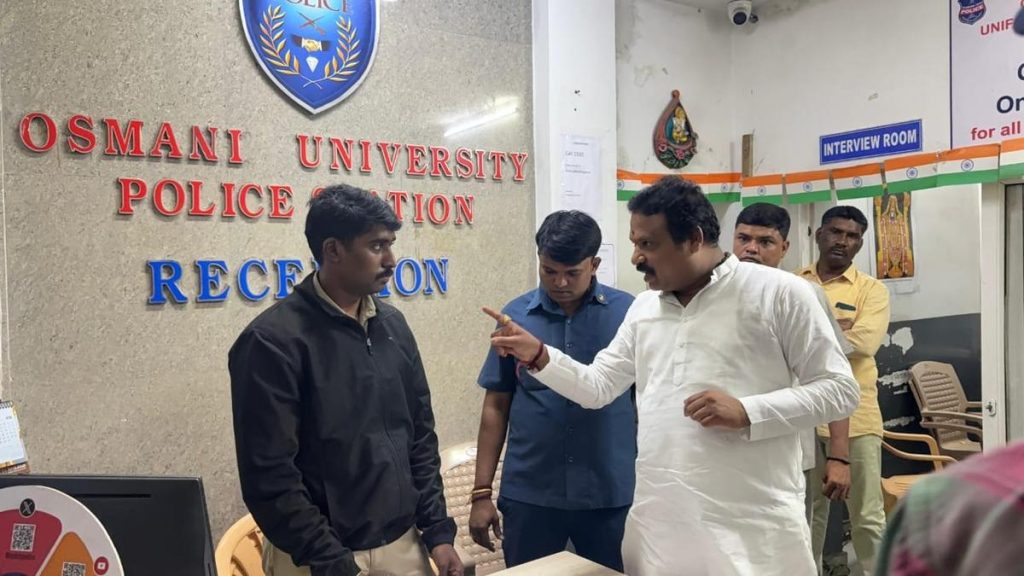Now Reading: Adhesion Test Offers New Hope in Diagnosing Male Infertility
-
01
Adhesion Test Offers New Hope in Diagnosing Male Infertility
Adhesion Test Offers New Hope in Diagnosing Male Infertility

Fast Summary
- The World Health Institution reports that infertility affects one in six adults globally. Male fertility issues contribute to 50% of infertility cases in heterosexual couples.
- Despite this, male partners are often excluded from diagnostic investigations in up to 27% of cases seeking medical help for fertility issues.
- Current diagnostics focus on sperm motility through microscopy-based techniques, which has limitations in accessibility and privacy.
- Sushanta Mitra, a professor at the University of Waterloo, has co-developed a novel sperm health testing method based on adhesion measurements using cantilever-based technology.
- This approach correlates sperm adhesion properties with motility: viable and motile sperm exhibit lower adhesion to surfaces.
- The researchers envision an affordable and accurate home testing system (“black box”) that provides gradations of sperm quality and empowers lifestyle adjustments (e.g., reducing smoking or sedentary habits).
- Plans for commercialization include miniaturizing the system into a prototype; progress depends heavily on securing adequate research funding.
Read More: Scientific American Article
Indian Opinion Analysis
Infertility is emerging as a meaningful global health issue affecting millions-including individuals in India-where conventional societal norms and stigma around male infertility frequently enough hinder conversations or proactive diagnosis. India’s evolving healthcare infrastructure could integrate innovations like the proposed home-based “black box” device into preventive care to address both medical challenges and deeply ingrained cultural taboos surrounding male fertility.
This technology can potentially democratize access to private diagnostics across urban centers as well as rural areas with limited healthcare facilities. Additionally, highlighting lifestyle impacts (e.g., smoking reduction) creates further scope for public health campaigns focused specifically on fostering awareness about reproductive health among Indian men. Investment in interdisciplinary research like Mitra’s project-with its intersectional approach between engineering innovation and biological insights-could make such tools more accessible domestically while advancing India’s role within global biomedical technology markets.























